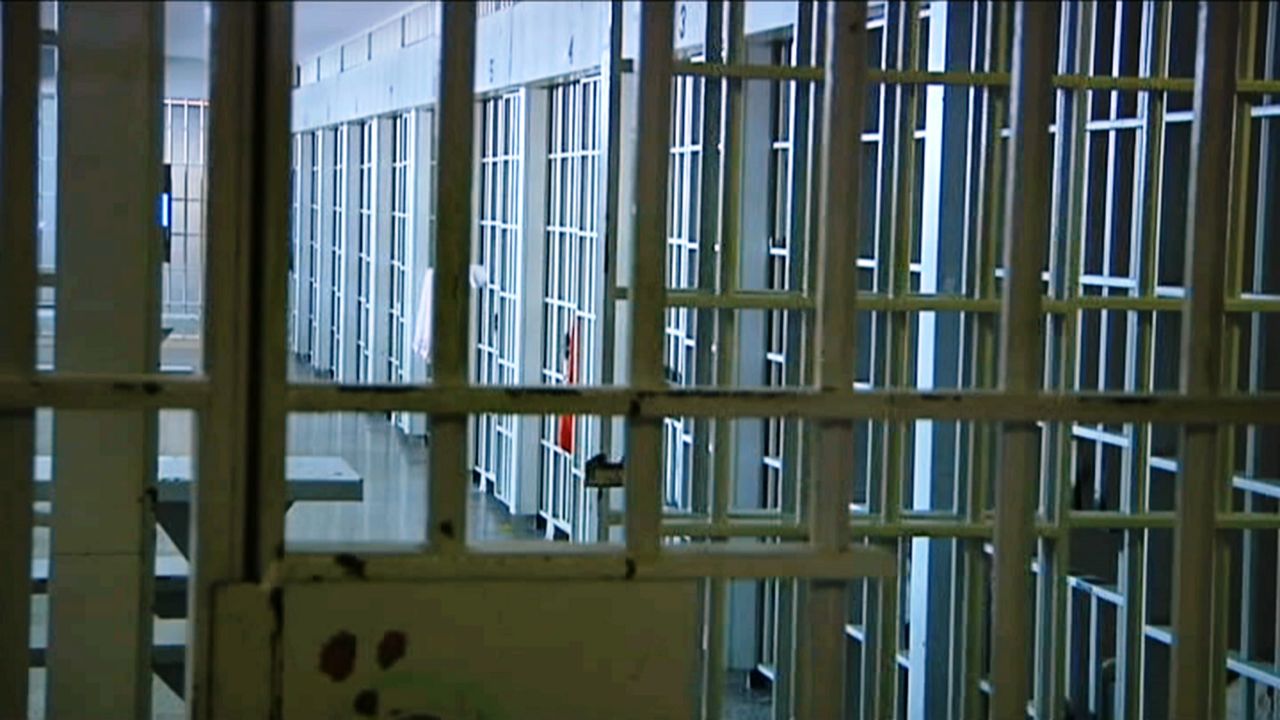NEW YORK — The city’s Department of Corrections failed to fix problems with stifling cells, steamy showers and a heat response system that leaves its most vulnerable inmates at risk in the summer, the Legal Aid Society contends.
“Suffocating is the word that keeps coming to mind,” staff attorney Robert Quackenbush said of city jails. “We are extremely concerned about those people.”
The public defenders organization sent Commissioner Cynthia Brann Friday a scalding critique of the DOC’s Summer Heat Plan 2020, which it argues simply rehashes efforts that failed the summer before.
"We cannot allow a repeat of last year’s July heat emergency, which subjected incarcerated people to incredibly dangerous conditions,” Legal Aid wrote. “The Department should not await a tragedy in order to implement these demands.”
The DOC contends its plan — which includes short-sleeved uniforms, containers of ice and 400 fans — prioritizes the health and safety of city inmates.
“The health and safety of people who live and work in our facilities is paramount, and this is especially true during the hot summer months,” Deputy Commissioner of Public Information Peter Thorne said in an emailed statement.
“We have had no heat-related medical emergencies, but will continue to monitor the situation closely.”
But Legal Aid contends DOC measures do not go far enough to address concerns characterized as dangerous and inhumane by the Board of Corrections after a surprise inspection in 2019.
In particular, inmates classified as “heat sensitive” and those locked in Enhanced Security Housing with poor ventilation and without air conditioners.
City rules mandate the DOC keep a record of its heat sensitive inmates— elderly, asthmatic or prescribed medications that hinder the body’s ability to cool itself — and offer them cooler housing units during the summer months.
As of June 2, approximately 590 of 804 heat sensitive inmates were housed in air conditioned units, with about 12 heat sensitive inmates awaiting transfer, 43 barred access because of a violent behavior report and 162 refusing the offer of a cooler place to stay, the report contends.
But Quackenbush raised the alarm over the refusals and the security risk overrides, both of which he says are not well documented and difficult to dispute, which is why Legal Aid would like to see offers repeated before heatwaves and videotaped as proof.
“It’s our hunch that many of these refusals are falsified,” Quackenbush said. “It appears they submit a refusal in March and don’t reapproach people when it’s really hot.”
Conditions in ESH units — where detainees accused of serious in-jail violence are held — also put inmates at risk because of thick doors that block any circulating air a hallway fan might provide, attorneys and inspectors said.
An ESH unit at the Otis Bantum Correctional Center on Rikers Island registered temperatures of 97.8 degrees last year and BOC inspectors found one detainee sleeping on the floor, presumably because it was cooler than the bed.
Jerome Murdough, an ex-marine, died in a similar cinder block mental observation unit in 2014 when he found himself trapped in a Rikers Island cell hotter than 100 degrees.
ESH inmates also have less access to cooling showers and, during a lockdown, can spend hours as Murdough did, without a check-in, Quackenbush notes.
“There has to be away to continue services during a lockdown,” Quackenbush said. “Or people are going to die.”
The DOC’s summer heat plan also address inmates considered less vulnerable but without access to air conditioning in aging buildings notoriously difficult to cool.
Only about 58 percent of those in DOC custody live in air conditioned housing, the rest must rely on fans, ice deliveries and regular offers of cooling showers when city temperatures rise above 80 degrees, the plan mandates.
But Quackenbush said many of those fans remain in boxes or stand with loose cords not plugged into outlets, and such cooling efforts appeared in the BOC report last year with significant asterisks.
Inspectors found showers often blasted only warm or hot water — the DOC summer plan notes “Water temperatures in individual showers in Department facilities are not adjustable” — and two ice deliveries failed to arrive in two of four units visited.
Legal Aid demanded of the DOC a written plan on how to provide cool showers, report regularly to the BOC during heat waves, counsel inmates of their rights before heatwaves occur and provide detailed explanations when heat sensitive inmates are denied air conditioned units.
Should the DOC fail to meet Legal Aid’s demands, it will consider litigation options, Quackenbush said.
“They’re kind of rolling out the same plan this year, but they’re putting it on a fancy PDF,” Quackenbush said. “The system has really broken down.”



